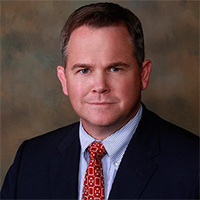 Holt Felony Lawyers, California
Holt Felony Lawyers, California
Sponsored Law Firm
-
 x
x

Click For More Info:
-
Becker Law Practice
333 University Ave Suite 200 Sacramento, CA 95825» view mapCriminal Defense Law I Will Protect Your Rights
The Becker Law Practice is familiar with laws that impact the Sacramento area, and I provide local representation in matters that could benefit from my particular services.
800-996-3610
Sponsored Lawyers
1-5 of 5 matches
Criminal, DUI-DWI, Felony, White Collar Crime, Misdemeanor
The Law Offices of Robert G. Cummings is devoted to the defense of individuals and entities charged with or facing criminal prosecution. Mr. Cummings believes in high quality, aggressive representation and pays close attention to his client's needs. He has vast experience and has handled a wide variety of cases ranging from homicides to traffic infractions. In the words of one California Superior Court Judge, "Mr. Cummings is an extremely able and dedicated attorney who has the ability to accomplish a wide range of tasks in a high pressure environment exceptionally well." The firm represents individuals and entities in all criminal cases in the Bay Area including San Mateo, Santa Clara, San Francisco, Alameda, Contra Costa, Santa Cruz, Marin, Sonoma, Napa and Solano counties. If you or a loved one are under investigation for or charged with a crime, contact the Law Offices of Robert G. Cummings. Your initial consultation is free.
(more)


 Matthew Becker Sacramento, CA
Matthew Becker Sacramento, CA Practice AreasExpertise
Practice AreasExpertise

